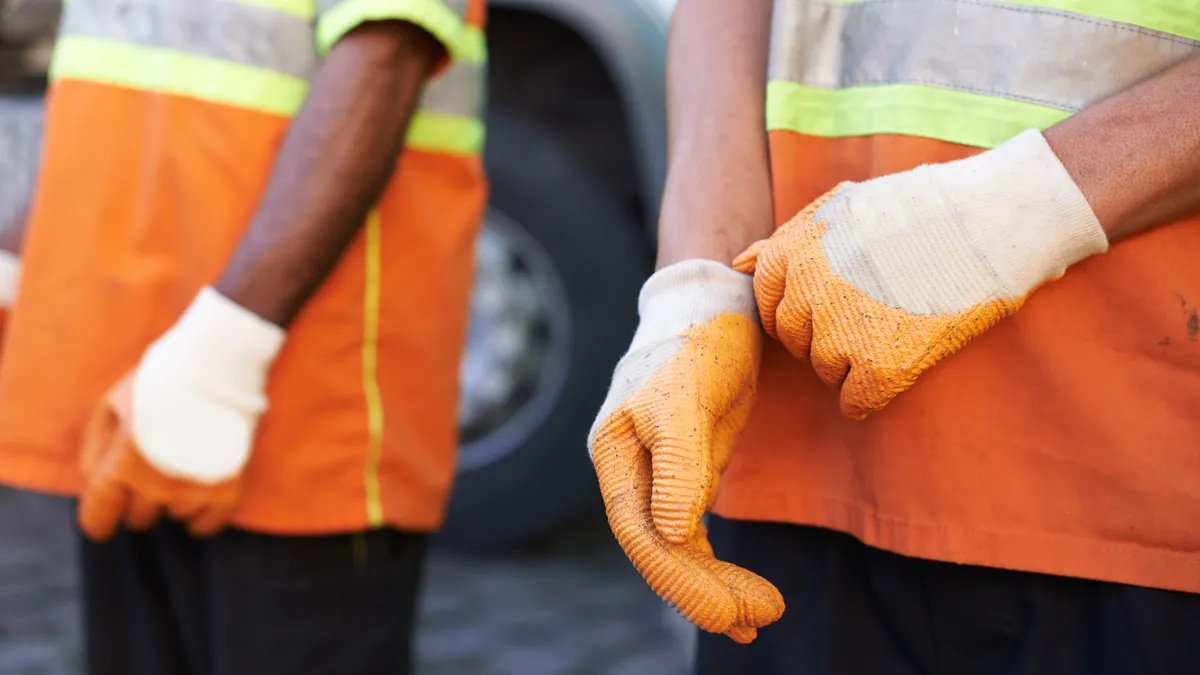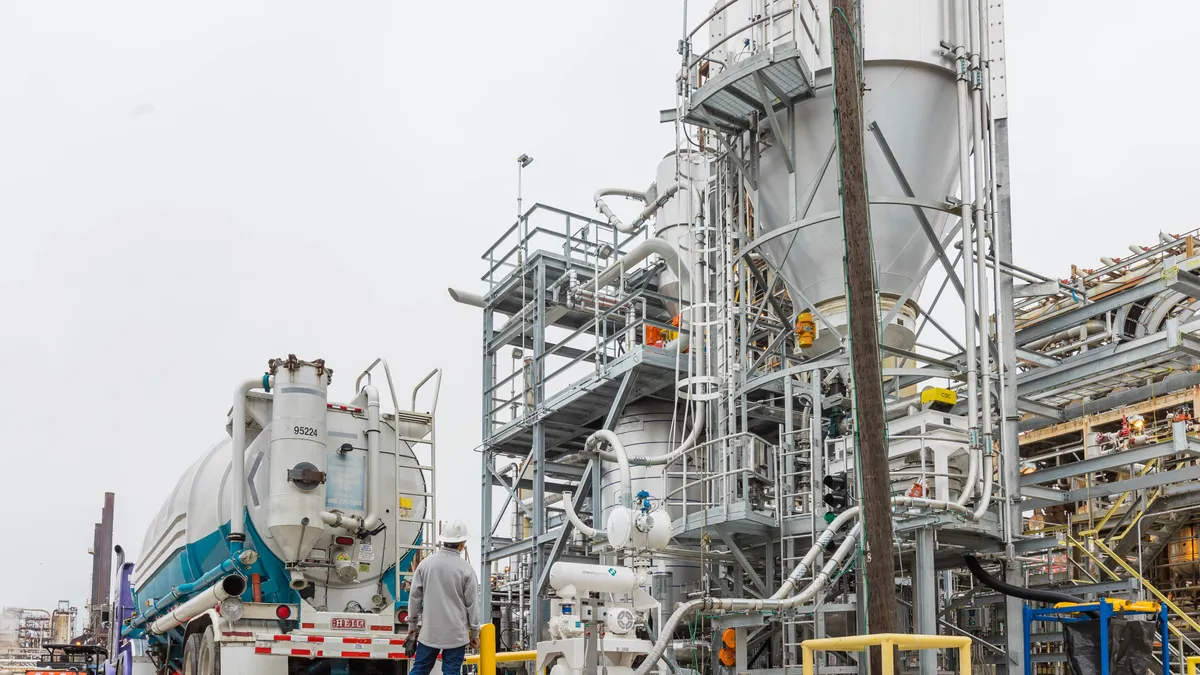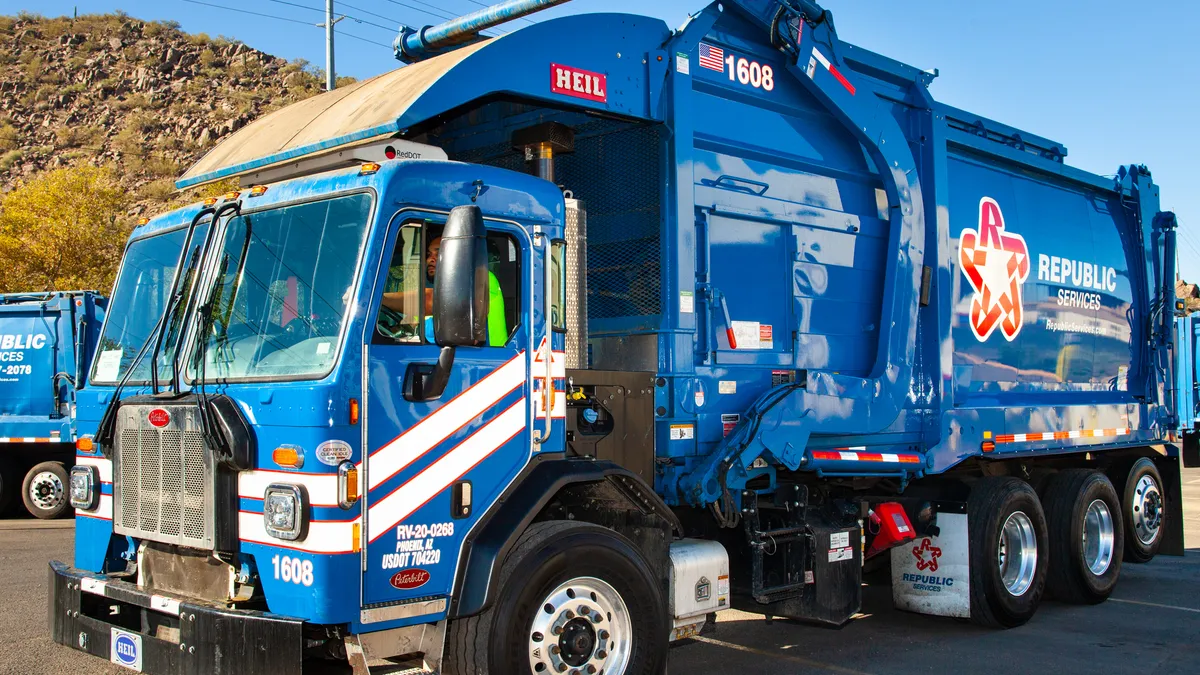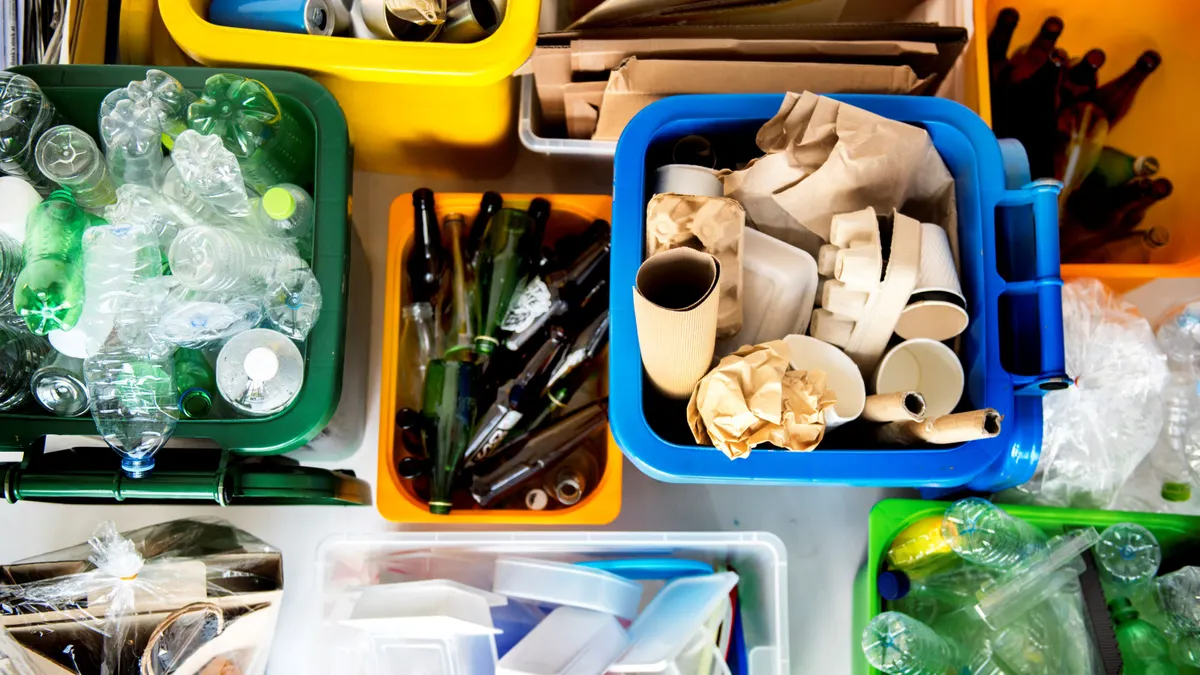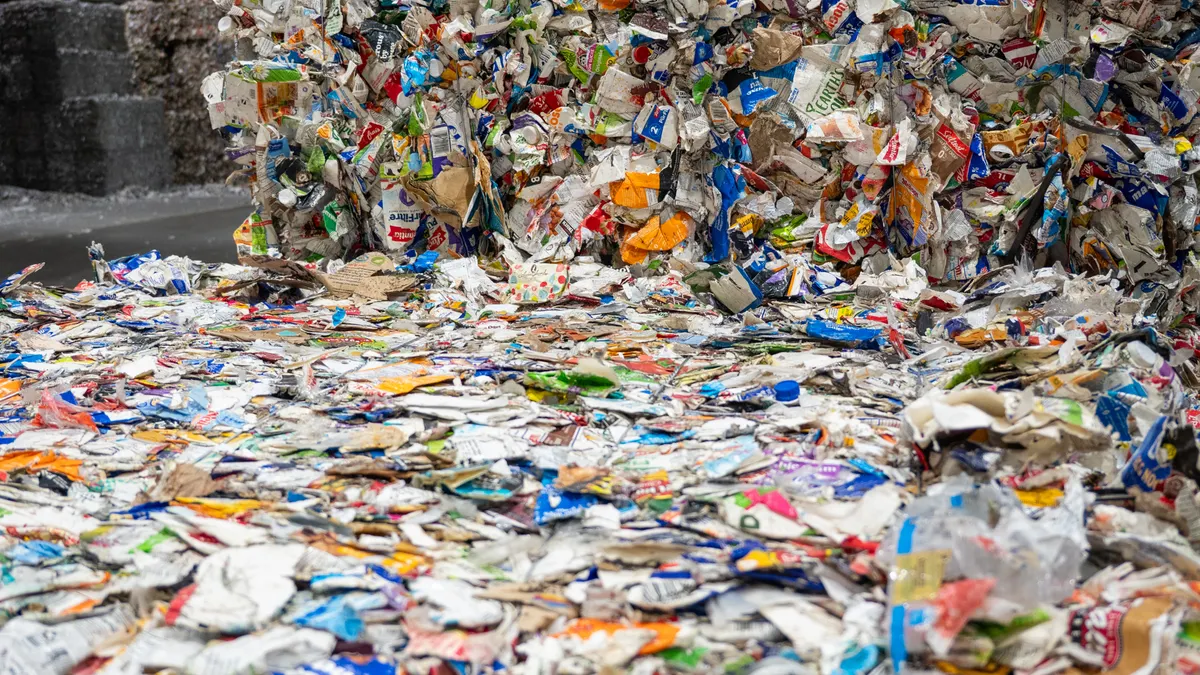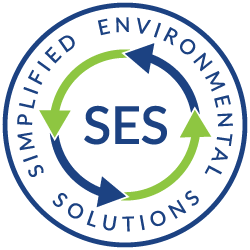California PET recyclers say they will continue seeking state interventions — and new markets — in an effort to prevent more PET-related industries from closing in the wake of rPlanet Earth’s closure earlier this month.
“The recent shutdown of rPlanet Earth should be a wake-up call to policymakers in California and across the country,” noted the Association of Plastic Recyclers in a statement.
rPlanet Earth, a California-based PET recycler and food and beverage packaging manufacturer, closed this summer. The facility was the main large-scale regional reclaimer that processed Grade B bales, which typically denotes curbside-collected material.
The closure rang alarm bells in the PET recycling industry, as it was the second PET reclaimer to close in California this year. PET bottle recycler Evergreen Recycling closed a portion of its facility in February, citing “economic factors.”
rPlanet Earth represented about 4% of the nation’s rPET capacity, APR said, “and its vertically integrated operations supplied critical product streams — including thermoform trays and PET bottle material — that are now under severe strain.”
The closure comes at a time when prices for rPET, particularly Grade B, are “super low,” said James Derrico, division president at CellMark Recycling, a broker for the material. At the same time, PET prices are still transitioning out of a seasonal period known for higher supply and lower demand.
Players in California’s recycling industry have called for CalRecycle or the state legislature to more closely monitor and support the rPET markets in the state. Recycling policy groups hoped the California legislature could intervene by passing a bill updating a subsidy program for reclaimers that wash and convert bottles into resin or sheet, but two bills with such language did not move forward.
For now, some recyclers plan to continue to engage with CalRecycle, the state agency that manages the bottle bill and related subsidies. Others are currently holding onto some PET bales until market conditions improve, or are are seeking farther-away markets despite making little to no profit from the material, Derrico and other recyclers said.
California’s PET market dynamics
California’s regional PET recycling and processing sector has experienced multiple economic challenges lately, including competition with sellers of low-priced, imported virgin resin and softening demand from Mexico.
The market for recycled PET, particularly Grade B, “is definitely backed up, and neither of these closures are really helping the market,” Derrico said.
Adding to the strain is the lingering effect of typical seasonal challenges for recycled PET, coupled with lower-than-usual demand for finished products made from the material, he said.
“Typically during the summer is where it gets rough because there's just a lot of a lot of supply, not a lot of demand” due to higher summer beverage sales and other factors, Derrico said. “That time normally would have been like last month, or even maybe the month before. So it is unseasonable to see that [demand] drop off right now.”
Adding to the market’s weakness is lower than expected demand for finished products, including polyester, carpet, and packaging such as drink cups and clamshells. “It’s not that [packaging companies] like Mohawk aren’t buying, but they just don't need the volumes they normally would have needed in general,” he said.
APR also places blame on major brands that have recently paused or scaled back recycled content commitments, as well as brands that are meeting their recycled content goals by buying imported rPET “instead of buying from US recyclers like rPlanet. The result is that U.S. recyclers are being squeezed out of the market at a time when the nation urgently needs more—not less—domestic capacity to build a truly circular economy.”
There are now only four reclaimers left in the state that purchase PET bales. That’s limiting sellers’ options further, recyclers said.
“A small amount is going to export,” Derrico said, but recyclers are making very little from overseas deals. Export destinations have further shrunk after Malaysia announced in June that it would no longer accept most imports of plastic scrap.
A small amount of U.S. PET is still trickling into Mexico, but demand from that country has significantly shrunk in recent months.
That leaves some limited markets in the Eastern U.S., but some PET recyclers in California have said the cost to ship the material is almost too much to justify the transaction. “A small amount is going East, but a larger amount is sitting while people wait for the pricing to come back,” Derrico added.
Requesting help from the state
Further complicating the market dynamics is the status of the state’s Plastic Market Development Payment program, a subsidy for reclaimers that wash and convert bottles into resin or sheet. That subsidy is set to expire on Dec. 31, and reclaimers had hoped the state legislature could intervene in order to extend it.
During the final month of the state’s legislative session, industry groups proposed amendments to several bills that would extend the sunset deadline while also increasing the maximum payment level to adjust subsidies to market conditions. The subsidy is part of the state’s bottle bill.
Those proposals did not move forward, even though the language had strong support from recyclers and reclaimers, along with industry groups like APR, Californians Against Waste, the American Beverage Association, and the PET Recycling Corporation of California, said Mark Murray, executive director at CAW.
“While there was no opposition, the legislature was seeking some kind of statement of support from the administration. However, that was never forthcoming,” Murray said.
It’s unclear whether similar bills could be reintroduced during the next legislative session.
Murray said the situation was frustrating for some recycling industry players, who had hoped CalRecycle would have voiced clear support for improvements to the program or played a more active overall role in the process.
Murray says the state’s “inattention” to the issue likely contributed to rPlanet Earth’s closure.
“The California bottle bill is an entirely self-funded program. Unredeemed funds are supposed to be re-invested to support incentives and infrastructure sufficient to maximize recycling. That is not happening,” he said.
In an email, CalRecycle spokesperson Patrick Coyne said the agency plans to continue implementing the current Plastic Market Development Payment program until the funds appropriated by state law are depleted.
“Any changes to program funding levels or statutory design would be determined by the lawmakers. CalRecycle will continue to implement within our purview,” he said.
Coyne added that CalRecycle has met with recyclers about the issue and “is committed to continuing to support circular solutions for California beverage containers.”
As recyclers and reclaimers regroup, Derrico said he’s “kind of optimistic” that rPET prices for Grade B and other PET grades will start to improve seasonally. “We’re getting out of summer, so volumes should drop,” he said.
That relief must come soon, he added. If rPET prices drop further, it could create a situation where the cost for a recycler to bale PET might become competitive with the price to landfill the material in some places.
“We’re not at that level yet, and we don’t want it to encroach on that. But recyclers are getting killed out there on this material,” he said.










